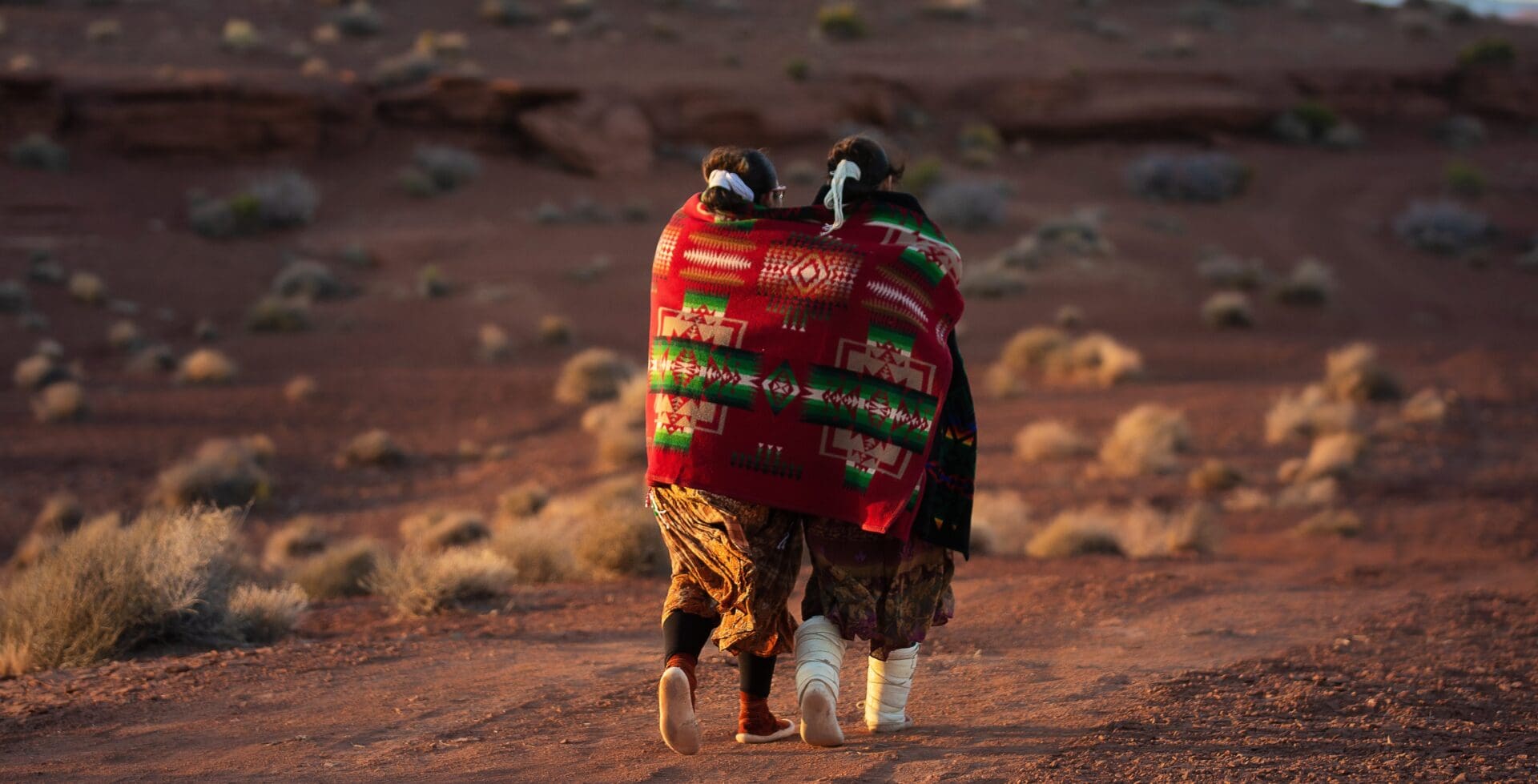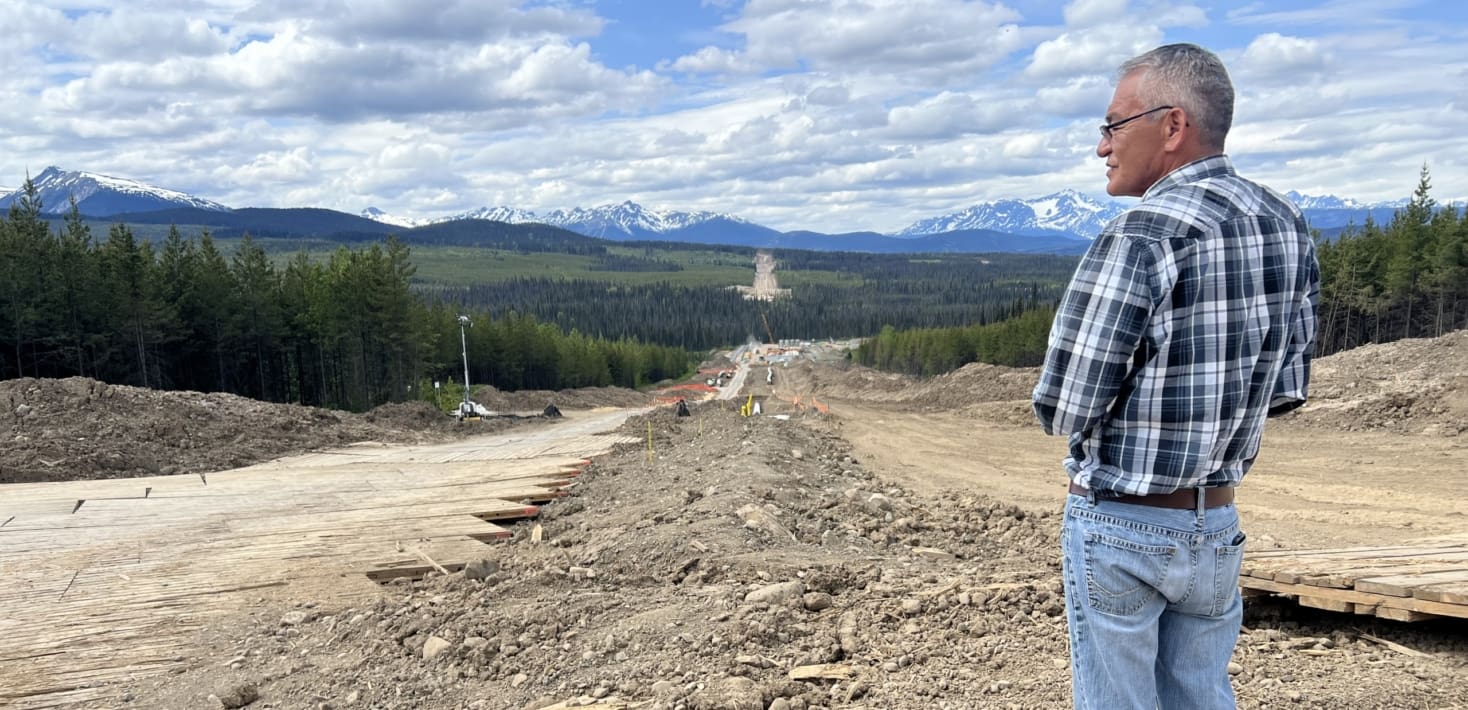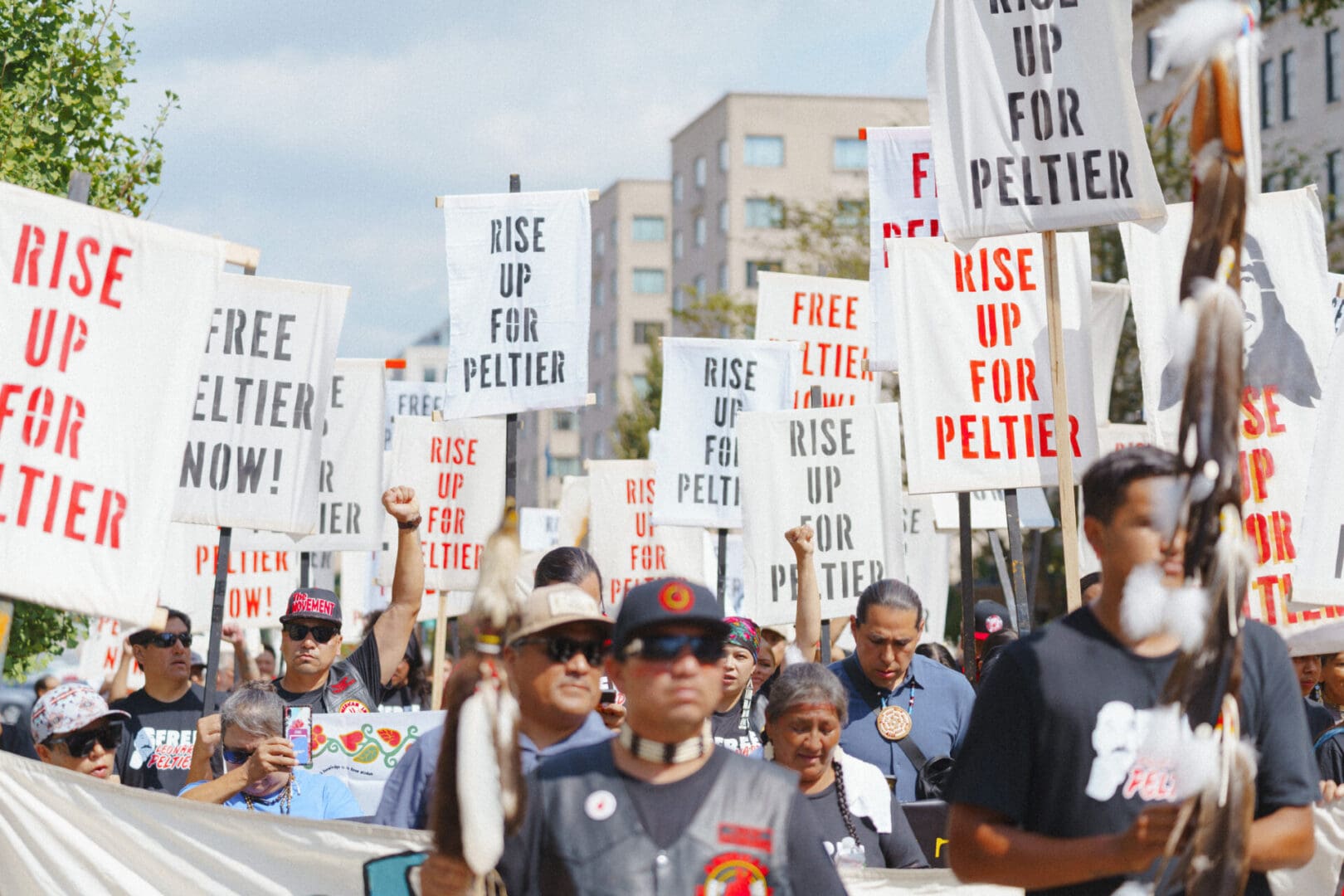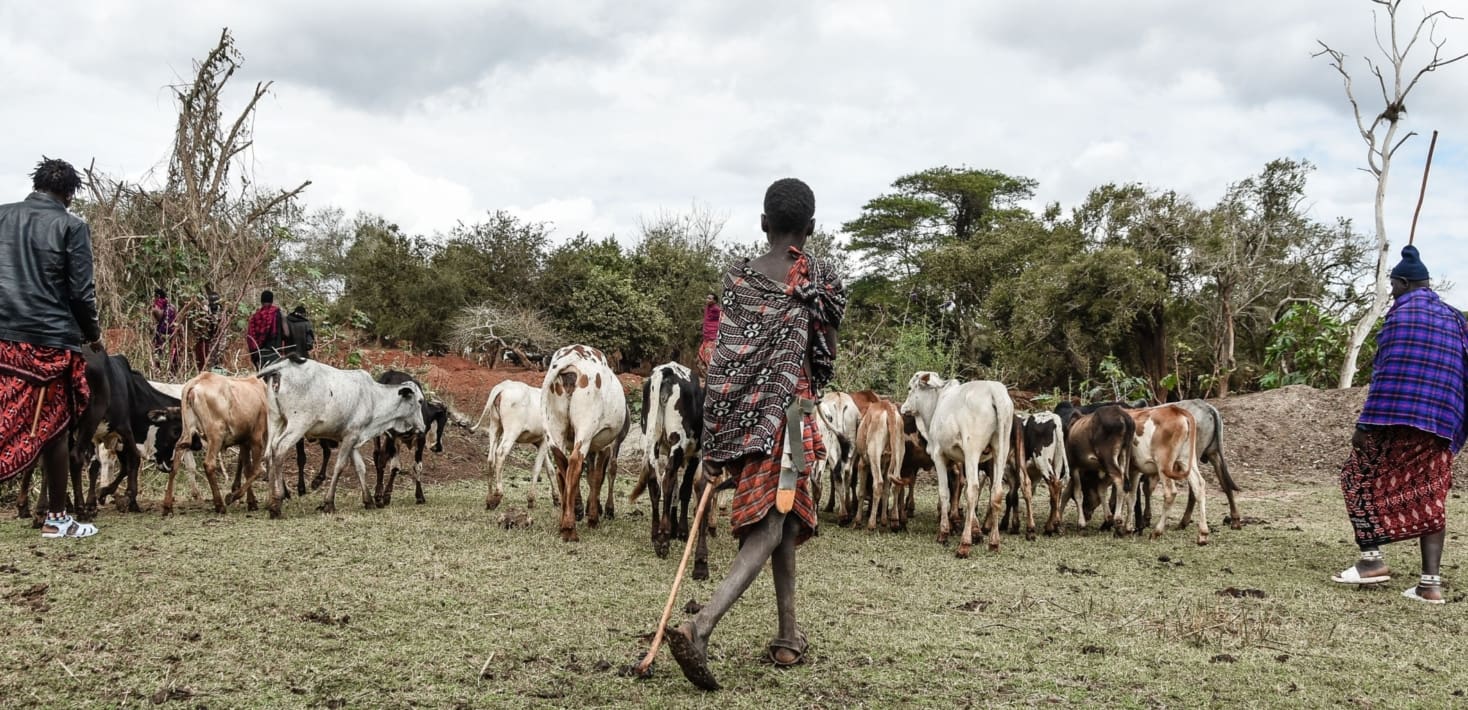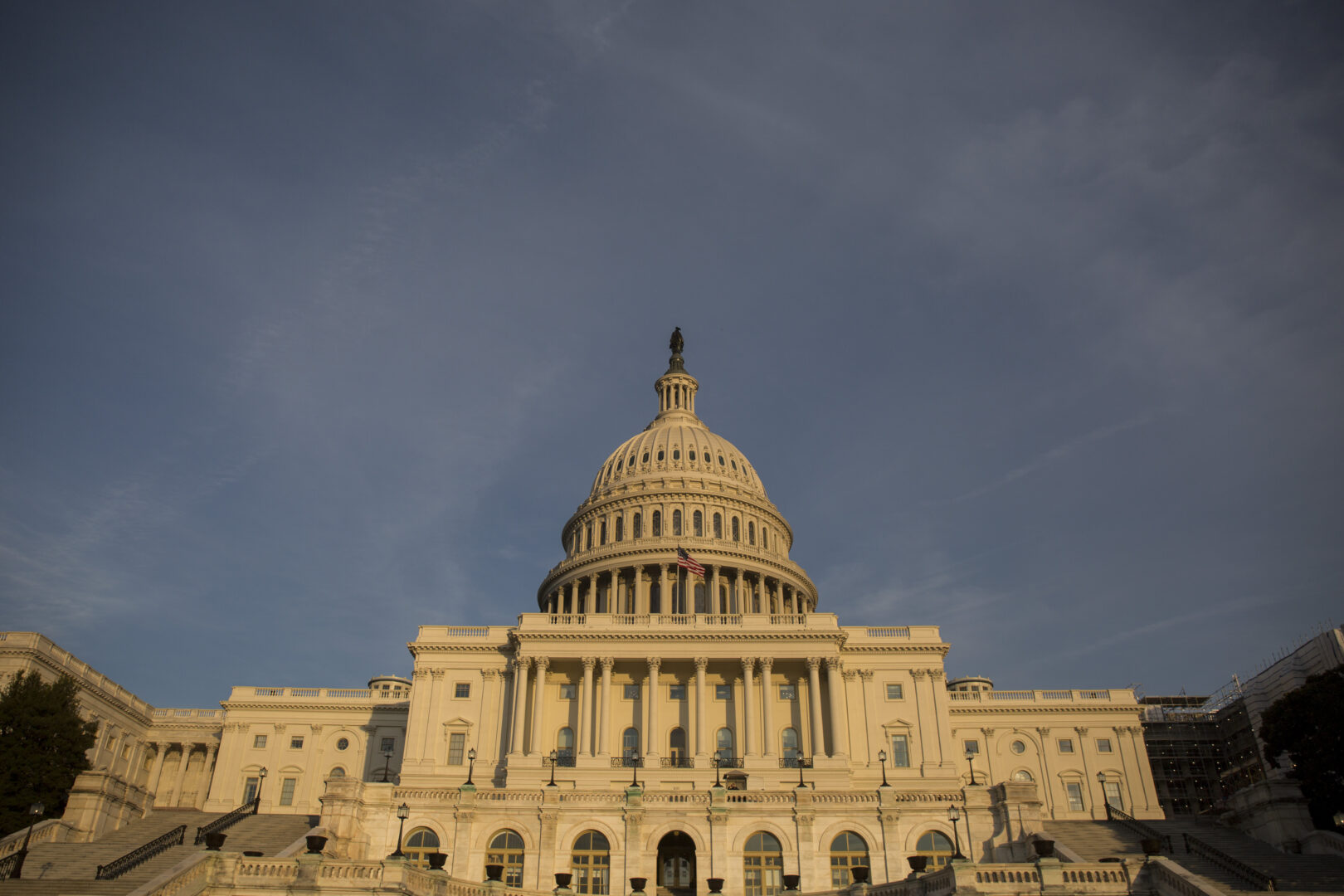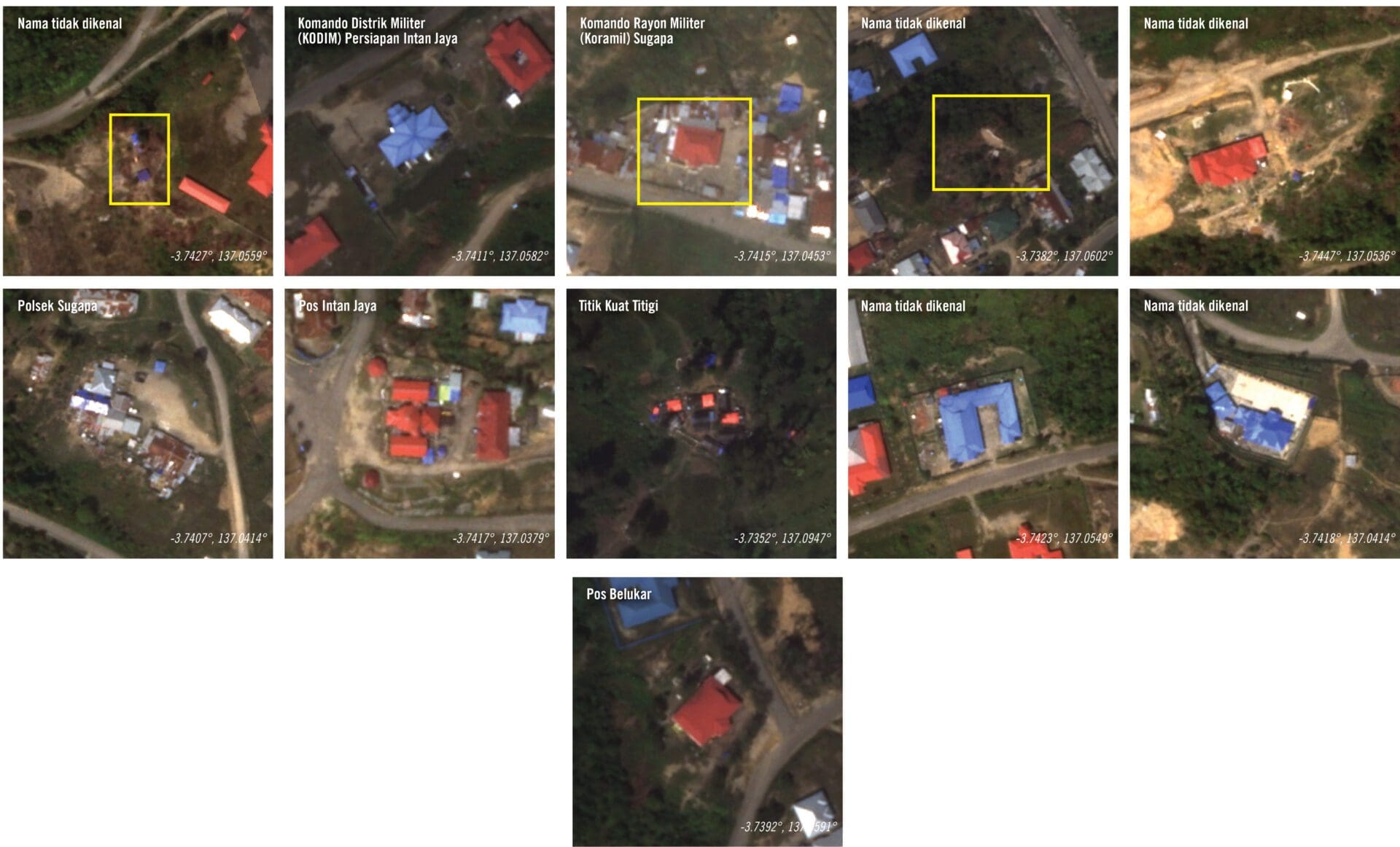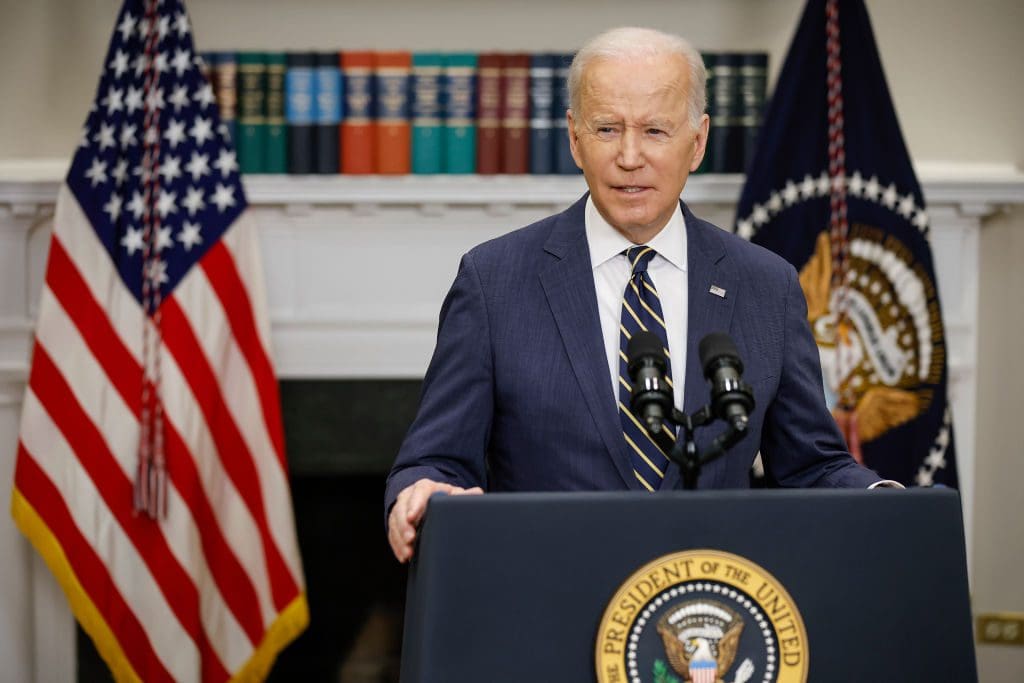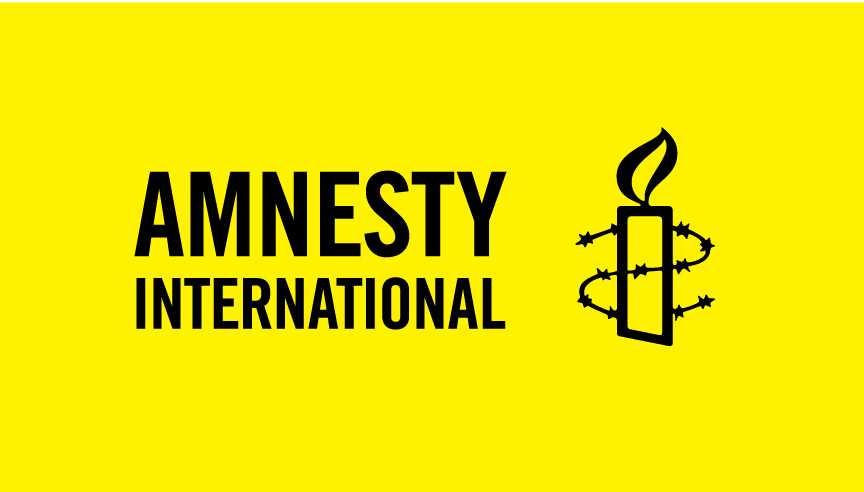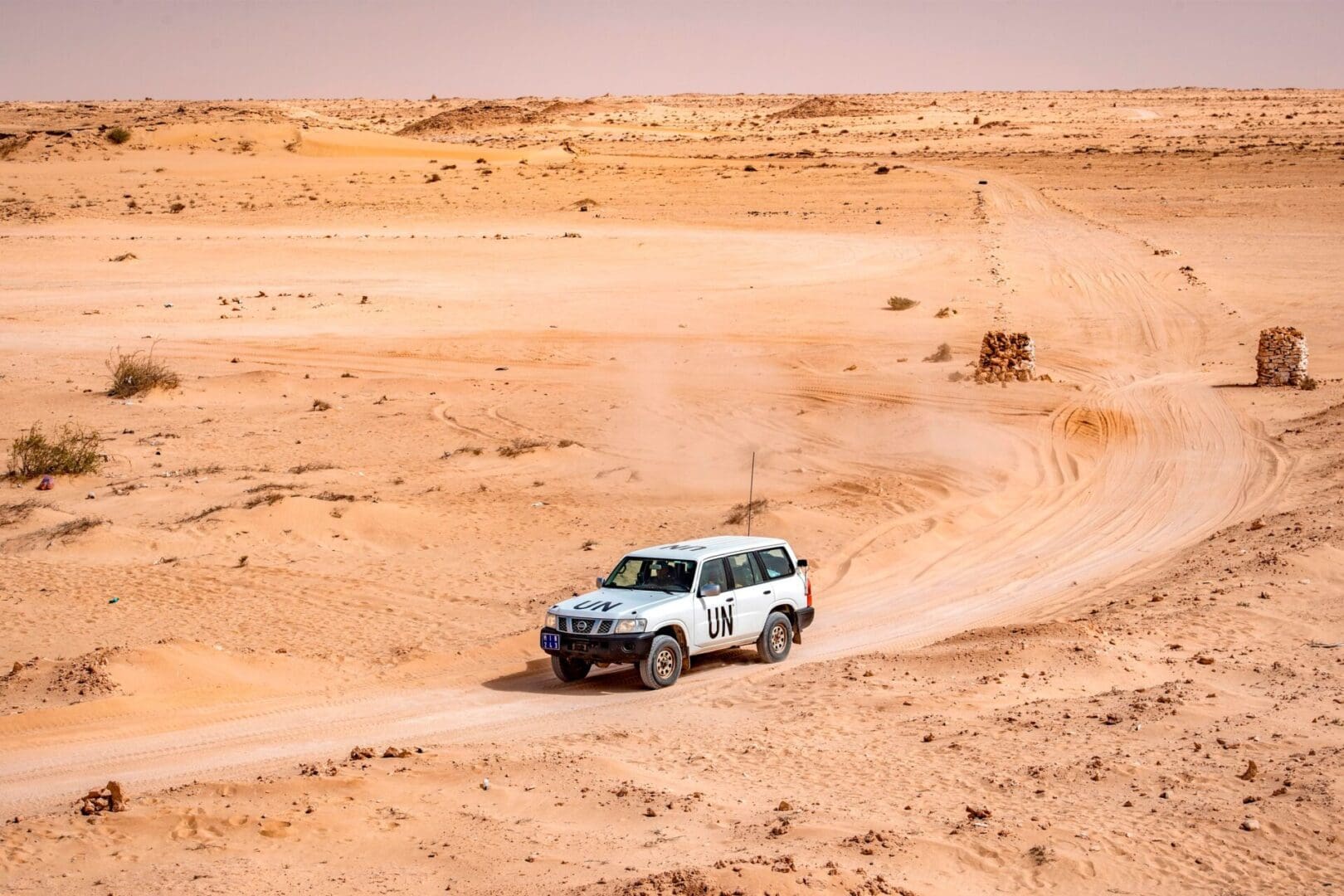What is the problem?
There are 476 million Indigenous People around the world spread across more than 90 countries. They belong to more than 5,000 different Indigenous Peoples and speak thousands of languages. The vast majority of Indigenous People live in Asia.
Although they have different customs and cultures, Indigenous People face the same harsh realities: eviction from their ancestral lands, being denied the opportunity to express their culture, sexual violence, and physical attacks and treatment as second-class citizens. Globally, Indigenous Peoples suffer higher rates of landlessness, malnutrition and internal displacement than any other group.
In the United States, for example, the steady and deliberate degradation of tribal sovereignty by the United States federal government has exacerbated the epidemic of sexual violence against Indigenous women in the USA. The government’s failure to respect, protect, and fulfill Indigenous women’s rights has led to the high rates of sexual violence.
Amnesty International’s role in fighting for Indigenous rights is to amplify the voices of Indigenous advocates, provide high-quality research that can be used to support arguments for greater protection of Indigenous Peoples and to apply added pressure on governments to respect the human rights of Indigenous Peoples.
Why is it an issue?
Many Indigenous Peoples have been uprooted from their land due to discriminatory policies or armed conflict. Indigenous land rights activists face violence and even murder when they seek to defend their lands.
Human rights abuses related to their land rights and culture have prompted growing numbers of people to leave their traditional lands for towns and cities. Cut off from resources and traditions vital to their welfare and survival, many Indigenous Peoples face even greater marginalization, poverty, disease and violence – and sometimes, extinction as a people.
Indigenous Peoples have a special relationship with the land on which they have lived for generations, sometimes for tens of thousands of years. They possess crucial knowledge about how to manage natural resources sustainably and act as guardians or custodians of the land for the next generation. Losing their land can mean a loss of identity. Peaceful efforts by Indigenous Peoples to maintain their cultural identity or exercise control over their traditional lands, which are often rich in resources and biodiversity, have led to accusations of treason or terrorism.
Amnesty International has worked to defend the rights of Indigenous Peoples in all regions of the world and demands that states apply and develop urgently needed laws to protect their lands, cultures and livelihoods.
What is the solution?
Indigenous Peoples also have specific rights, these include:
- the right to autonomy or self-government in matters relating to their internal and local affairs;
- the right to maintain and strengthen their distinct political, legal, economic, social and cultural institutions;
- the right to self-determination;
- the right not to be subjected to forced assimilation or destruction of their culture;
- the right to participate in decision-making in matters which would affect their rights;
- the right to promote, develop and maintain their institutional structures and juridical systems or customs, in accordance with international human rights standards
Amnesty works with Indigenous Peoples to develop urgently needed laws to protect their lands, cultures and livelihoods.
Governments must implement laws and policies that bring the UN Declaration on the Rights of Indigenous Peoples to life, particularly around:
- Effectively consulting Indigenous Peoples to obtain their free, prior and informed consent for decisions that affect them
- Maintaining their distinct cultural identities
- Living free from discrimination and the threat of genocide
- Having secure access to the lands and resources essential to their well-being and ways of life
Ending Sexual Violence
More than half of all American Indian and Alaska Native women have experienced sexual violence in their lifetime. Since Amnesty International first reported on this issue almost twenty years ago, rates of violence against Indigenous women have not significantly changed, and the US government continues to fail to adequately prevent and respond to such violence.
Survivors must navigate a complex jurisdictional maze, under-resourced medical services, and inadequate response of justice systems. This epidemic of sexual violence has been exacerbated by the government’s steady erosion of tribal authority. Sexual violence against Indigenous women violates a multitude of human rights, but it is not inevitable.
The federal government has an obligation to ensure the rights and well-being of Indigenous Peoples are protected. We are calling on the US government to take the following steps to end sexual violence against Native women:
- Legislatively override the U.S. Supreme Court’s decision on Oliphant v. Suquamish, which would allow for the full recognition of the inherent concurrent jurisdiction of tribal authorities over all crimes committed on tribal land.
- Ensure that the Indian Health Service is fully funded so that it can meet 100% of the health needs of all Indigenous Peoples in the United States and that it is adequately providing post-rape care to survivors.
- Make available long-term, predictable, and adequate funding for tribal law enforcement, justice services, and culturally appropriate support services.
- Mandate and funding data collection, analysis, and research on crimes of violence against Indigenous women.

